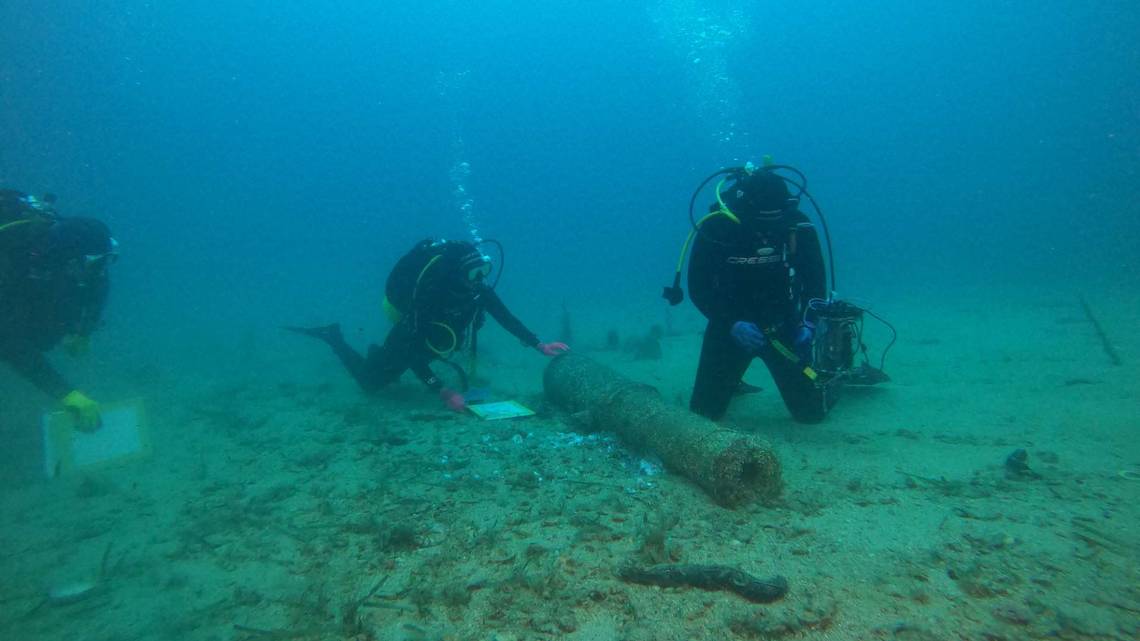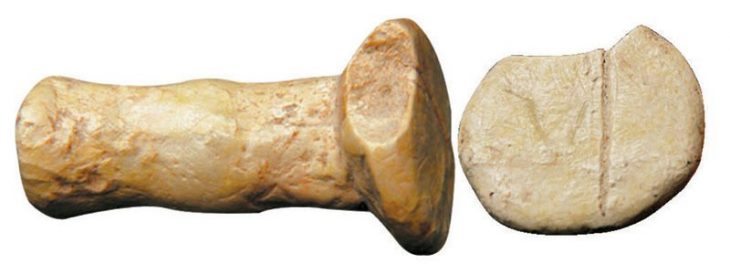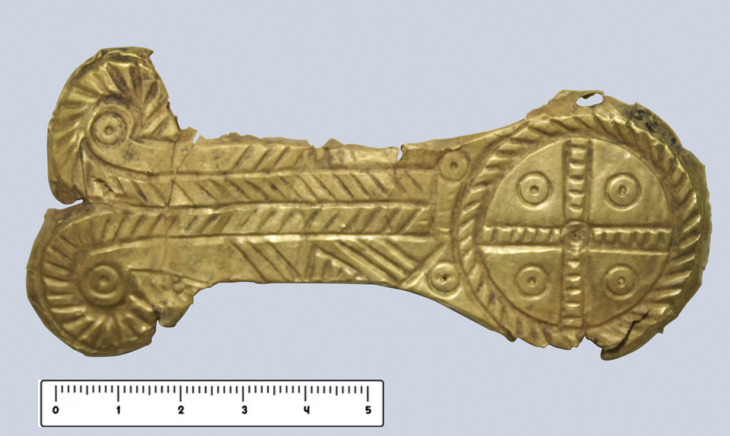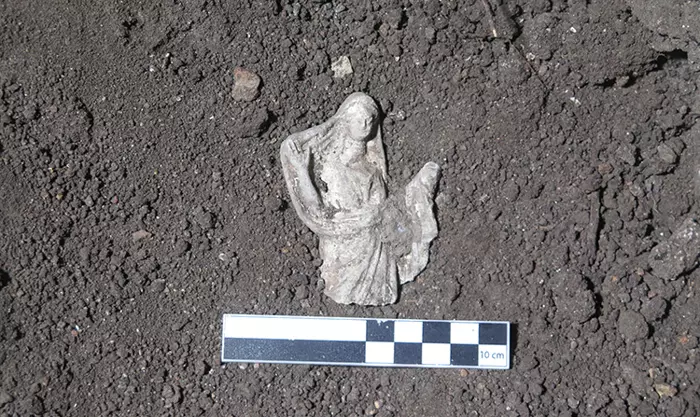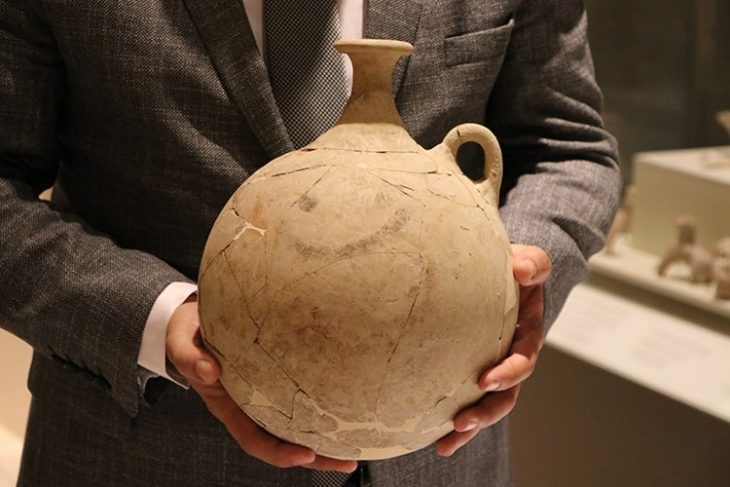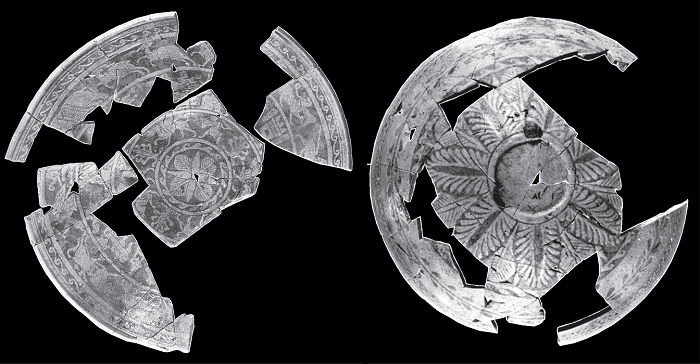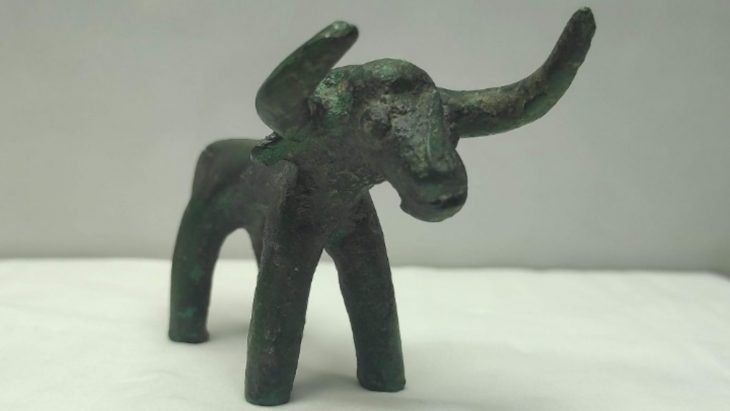Croatian underwater archaeologists have made an extraordinary discovery off the southern coast of Istria near Cape Kamenjak. They have unearthed a remarkable find in a sunken 16th-century ship – rare bronze trumpets, unique on a global scale.
Bronze trumpets made in the Dutch city of Leiden have been found in the cargo of a sixteenth-century Dutch shipwreck.
Dr. Luka Bekić of the International Centre for Underwater Archaeology in Zadar shared insights on this incredible find. “These trumpets were transported in pieces. Based on the number of parts, we estimate there were over ten trumpets. Globally, fewer than ten 16th-century trumpets exist in known museums.”
Thanks to these new discoveries made in the waters near Cape Kamenjak, Croatia will have the world’s largest collection of these trumpets. The fact that Leiden, the Netherlands, is the only place these were made makes them even more unique. Additionally, the ship’s cargo included beads and ceramic vessels, likely en route to Venice, which was suffering from famine during that period.
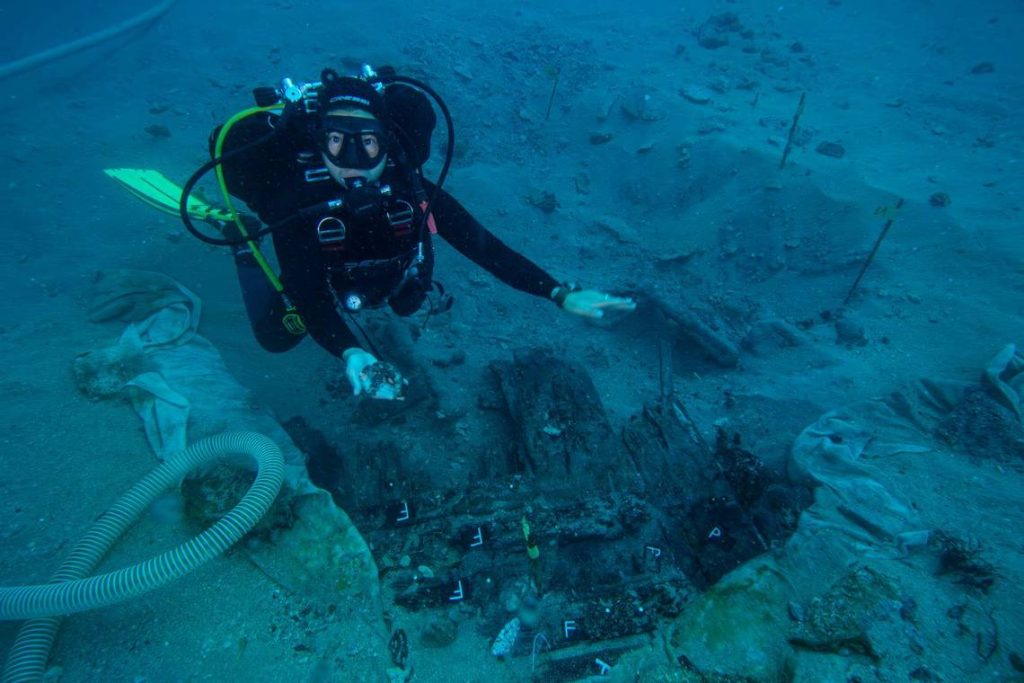
The northern European ceramics discovered next to the trumpets provided more evidence of the ship’s origin. Dr. Bekić stressed that these items offer strong proof of the ship’s Dutch ancestry.
📣 Our WhatsApp channel is now LIVE! Stay up-to-date with the latest news and updates, just click here to follow us on WhatsApp and never miss a thing!!
The site is being recorded with photogrammetry so that a digital model of it can be made, explained team member Roko Surić. “Today, we can create a photogrammetric model using digital methods, which shortens diving time and allows for precise documentation of the site segment we are investigating, ultimately giving us a complete picture of the site.”
The trumpets, after undergoing meticulous restoration, are expected to be displayed in Pula. Meanwhile, the ship’s remains, including three cannons, will stay submerged, protected by a state-of-the-art method implemented for the first time in this project.
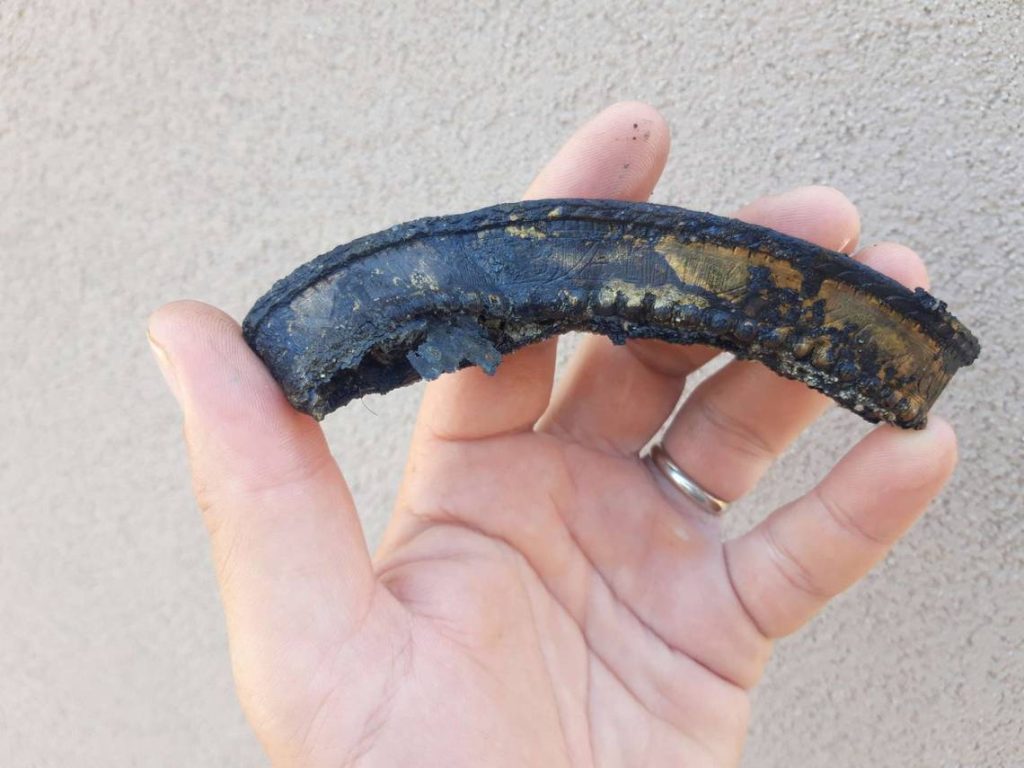
Also, this latest find is expected to draw divers from around the world. Robert Lehotkaj of the Diving Center Indije noted, “New discoveries mean new opportunities for divers to explore fresh locations. This site will attract both new and experienced divers looking for novel experiences.”
So far, around 20 sites boasting sunken ships have been discovered in southern Istria alone. Of these, 5 are currently under protection.
Cover Photo: International Center for Underwater Archaeology in Zadar

